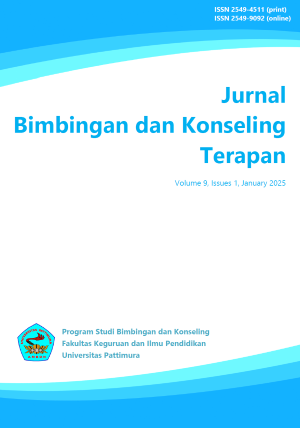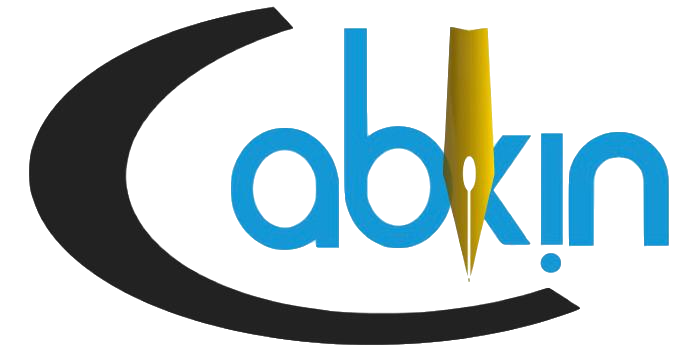Peer Social Support and Career Decision-Making in Adolescents from Broken Homes: A Career Counseling Perspective
Abstract
This study investigates the relationship between peer social support and career decision-making difficulties among adolescents from broken homes. Adolescents from broken homes often face emotional, social, and academic challenges, particularly in career planning, due to the absence of parental guidance. This research aims to explore how peer support may act as a protective factor in mitigating these difficulties. The study used a quantitative correlational design with 176 participants aged 15-18 years, who experienced parental divorce during adolescence and are in their final year of high school in Indonesia. Participants completed the Peer Social Support Scale and the Career Decision-Making Difficulty Scale. The results indicated a significant negative correlation (r = -0.365, p < 0.01) between peer social support and career decision-making difficulties, suggesting that higher levels of peer support are associated with reduced difficulties in making career decisions. Most participants reported receiving high levels of peer support and low levels of career decision-making difficulties, demonstrating the critical role that peer networks play in providing both emotional and informational support. The findings suggest that peer support can compensate for the absence of parental guidance in adolescents from broken homes. However, over-reliance on peers who lack sufficient knowledge may lead to suboptimal decisions. The study concludes that peer support is a valuable resource in reducing career decision-making difficulties among adolescents from broken homes, but professional guidance is necessary to ensure well-rounded career planning. Future research should expand to include other forms of family instability for a more comprehensive understanding of this population's challenges.












